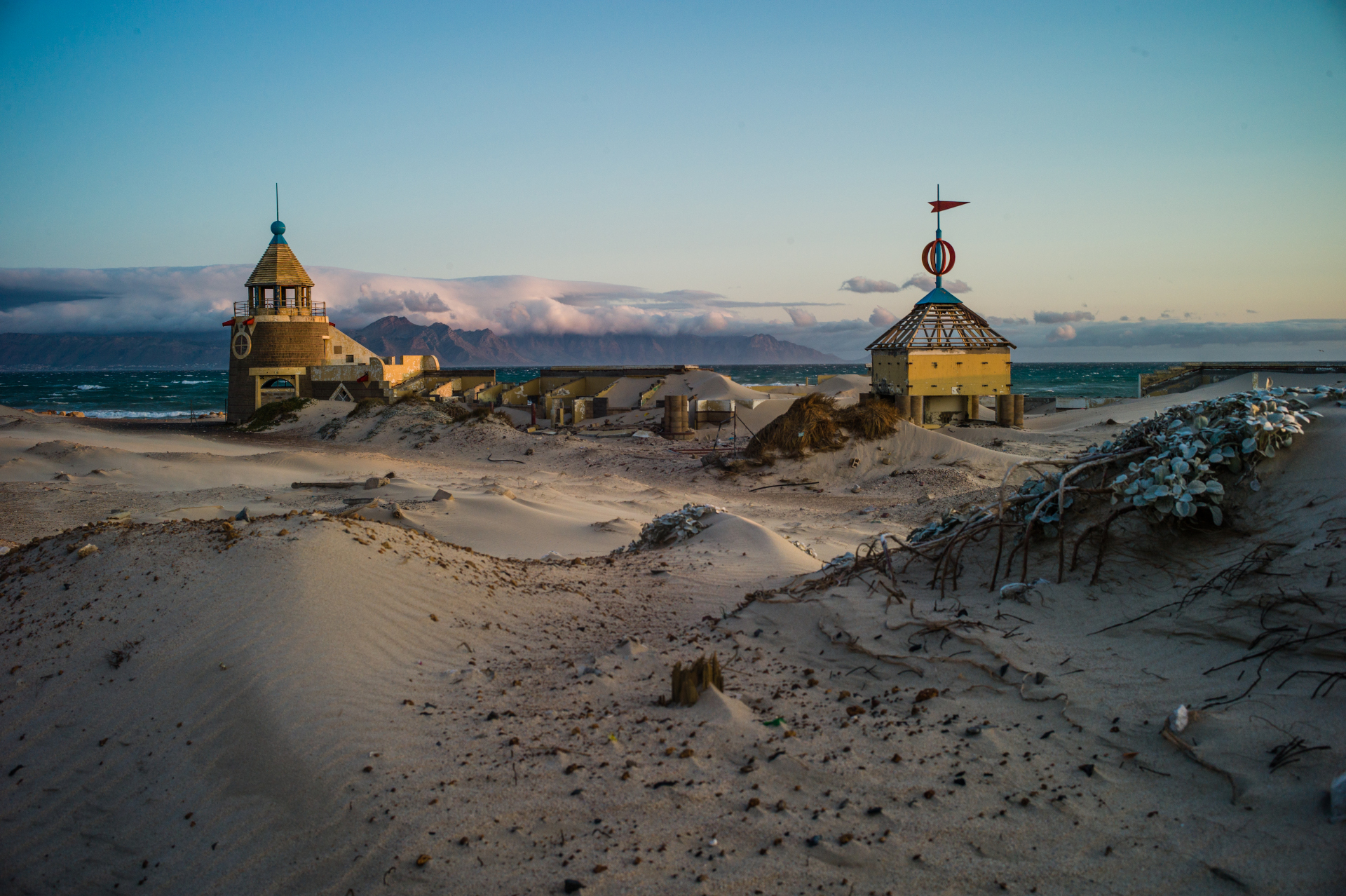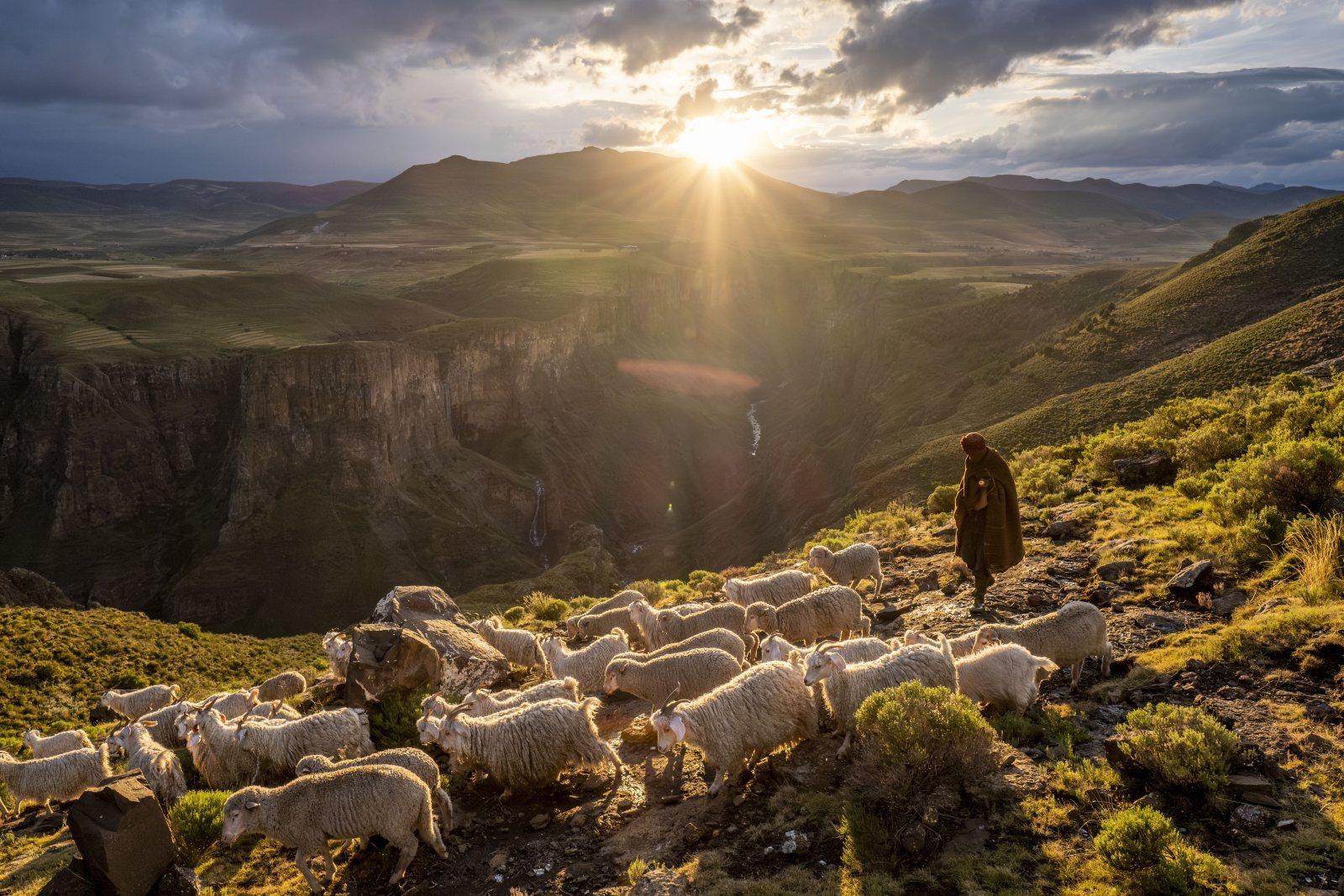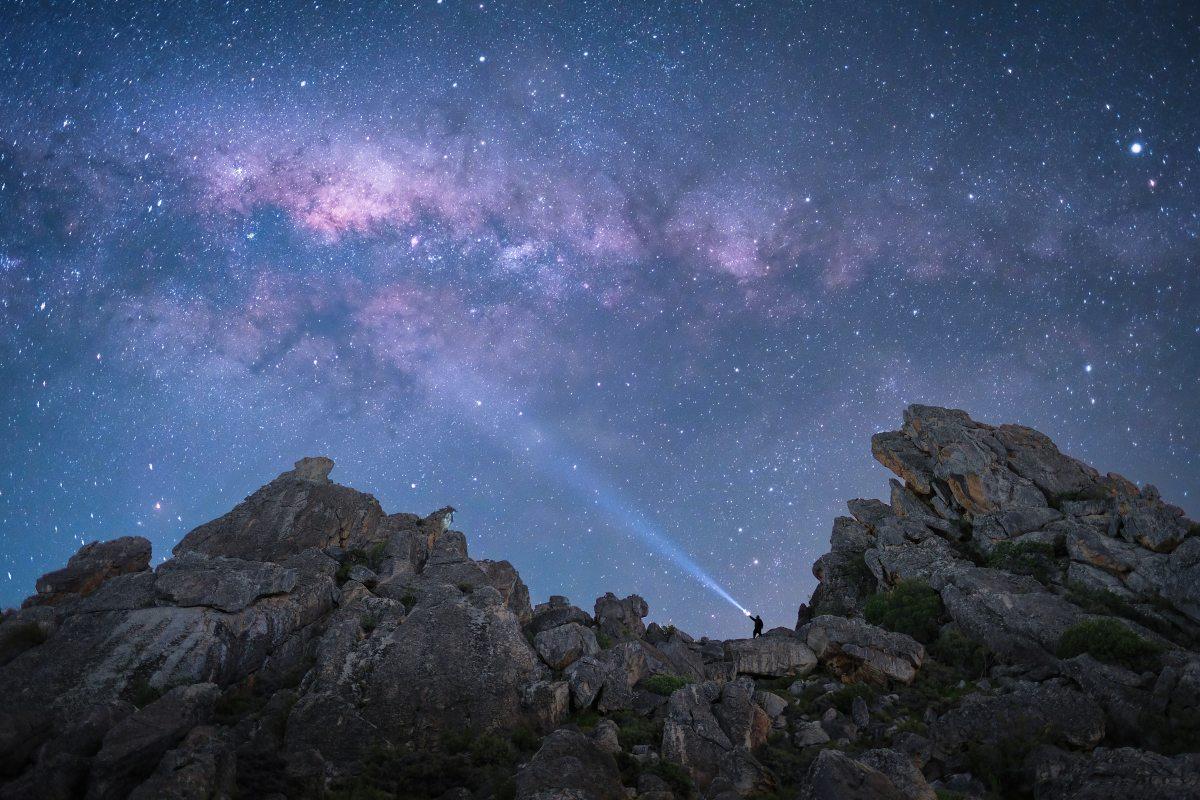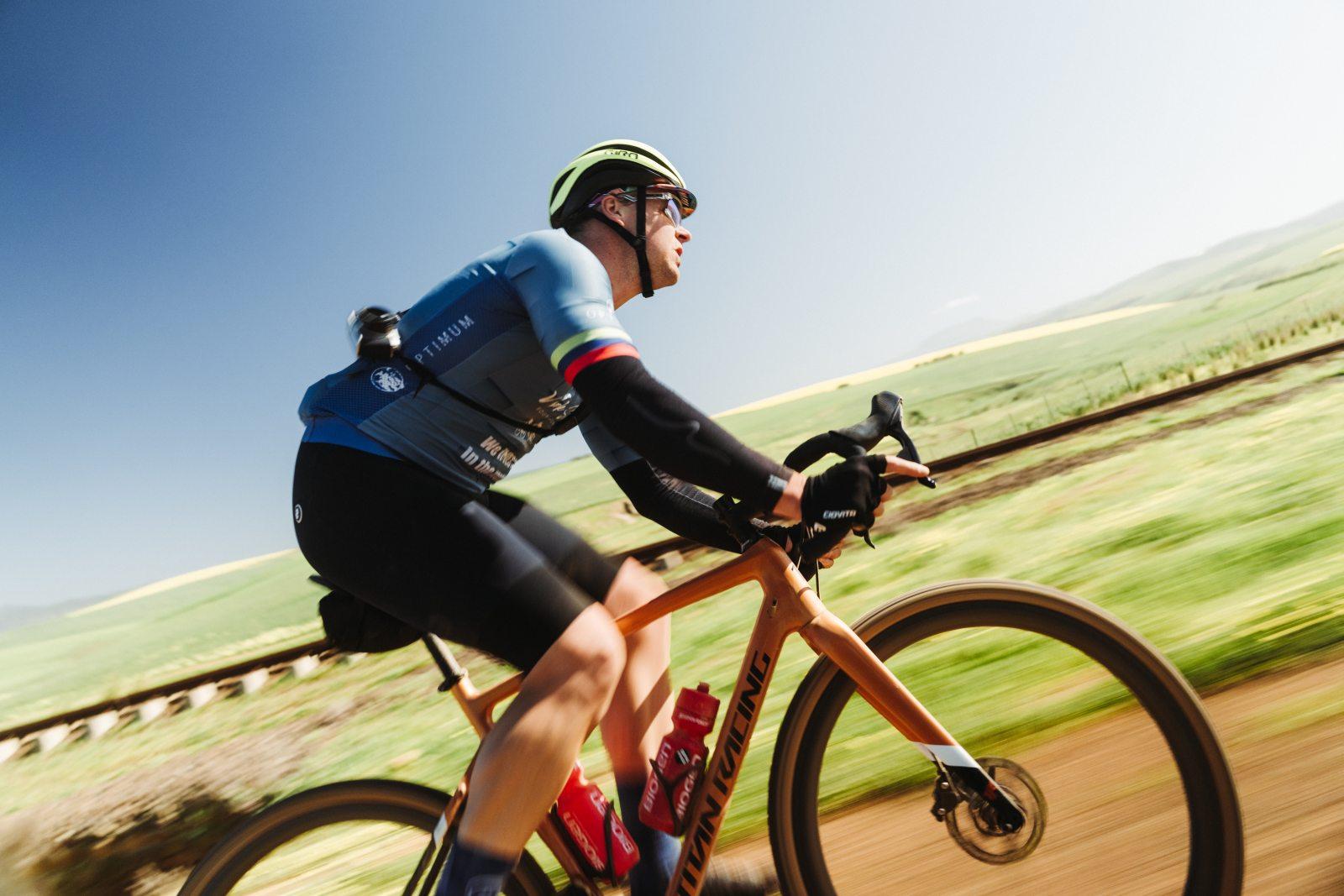Jodi Windvogel announced as Fujifilm GFX Challenge Grant Programme 2023 recipient
Cape Town-based Jodi Windvogel has been announced as a Fujifilm GFX Challenge Grant Programme 2023 recipient. Being the first time South Africans were able to enter, Jodi’s project “The Body at Risk” was selected as one of only five global grant recipients. This enables her work through a $10 000 grant as well as the use of a Fujifilm large format GFX System camera body and two GF lenses for the duration of her project. Fujifilm South Africa chatted to her about this socially important project and what she would like to achieve through it.
Congratulations Jodi for being selected as one of the five GFX Challenge Grant Programme 2023 winners! How do you feel?
I’m absolutely thrilled and grateful to have been chosen as one of the winners of the GFX Challenge Grant Programme! After dedicating four years to my significant project and applying for numerous grants without success, winning this grant is truly incredible. I can’t express enough how excited and thankful I am to Fujifilm for this opportunity, and I’m eager to fully immerse myself in my project with your support.
Can you tell us more about the project you will be working on, which you titled “The Body at Risk”? How did this project get conceived?
“The Body at Risk” delves into the pervasive issue of gender-based violence in South Africa. The concept for this project originated from the alarming statistics revealing the widespread occurrence of physical and sexual violence, especially affecting women.
With at least one in four women experiencing such violence in their lives, including a high incidence of rape, the project seeks to shed light on the aftermath and concealed stories left behind. Through photographs of these sites, the project aims to visually raise awareness about women’s safety, examining the psychological weight and vulnerability experienced by women in South Africa.
Why is documenting this so important to you?
Documenting the issue of gender-based violence in South Africa is crucial to me because it provides a visual narrative that goes beyond statistics. By capturing the landscapes and tragedies left behind, I aim to amplify the voices of survivors, raise awareness about the pervasive problem, and spark conversations around the safety of women.
It’s a commitment to highlighting the psychological impact and vulnerability experienced by women in South Africa, echoing the trauma that often remains hidden. Additionally, this project allows me to critically examine my role as a social documentary photographer, prompting ethical reflections on capturing and conveying stories of trauma and suffering.
What would you like to achieve with “The Body at Risk“?
My objective is to urgently address the pervasive issue of violence against women by photographing the sites where these incidents occurred. My research spans various locations in the Western Cape Province, intending to capture 30-40 landscapes depicting scenes of rape and murder without portraying any individuals.
These images, whether showcasing a house, bedroom or an empty field, serve as poignant memorials and contribute to a discourse without intrusive exploitation of bodies. By forcing audiences to interrogate often overlooked spaces, the project creates visual awareness around women’s safety and delves into the psychological weight and vulnerability experienced by women in South Africa.
Can you give us a quick intro to your background and why photography as a medium appeals to you?
I am a documentary photographer and filmmaker focusing on long format projects. I am dedicated to dismantling stereotypes and casting a probing gaze upon vital social issues encompassing land, memory, gender, and displacement. Through my lens, I capture the intricate threads of human experiences, weaving an intimate and authentic tapestry that forges connections between my subjects and spectators.
This is a deeply personal endeavour for me, reflecting my unwavering commitment to reshaping narratives and amplifying the resilience and fortitude of marginalised communities, with the ultimate aim of fostering empathy, dialogue, and transformative societal evolution.
As both a visual storyteller and a filmmaker, I strive to present novel viewpoints, inviting audiences to reevaluate preconceptions and embrace a more expansive, compassionate view.
Photography enables me to speak about the world around me and helps me to talk about the things that are important. It is evident that photography plays a huge role in articulating notions and perceptions of the world around us, and therefore has the immense power to inform and be a catalogue for change. As a person working in the media, I feel a great responsibility to contribute to change.
You are a legacy Fujifilm shooter – how long have you been photographing with Fujifilm, and what gear do you use for your regular work?
I’ve been a devoted Fujifilm user since the beginning of my career, utilising equipment like the X100 series, the X-Pro3, and the Fujifilm X-H1. These cameras enable me to navigate photographic spaces seamlessly, capturing moments with a quiet and non-intrusive approach.
What would Fujifilm’s large format GFX cameras allow you to achieve?
Fujifilm’s large format GFX cameras offer unparalleled image quality. With this superior quality, I can produce excellent images and showcase them through large-scale prints without compromising the integrity of the visuals. The Fujifilm GFX will play a crucial role in bringing my project to the public, as I intend to present these impactful images on a grand scale through large-scale prints.
Find more of Jodi’s work here:
Instagram: https://www.instagram.com/jodiwindvogel/
Website: https://jodiwindvogel.format.com/
Fujifilm Take Ten: https://fujifilm-x.co.za/take-ten-jodi-windvogel/








